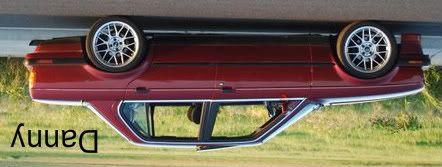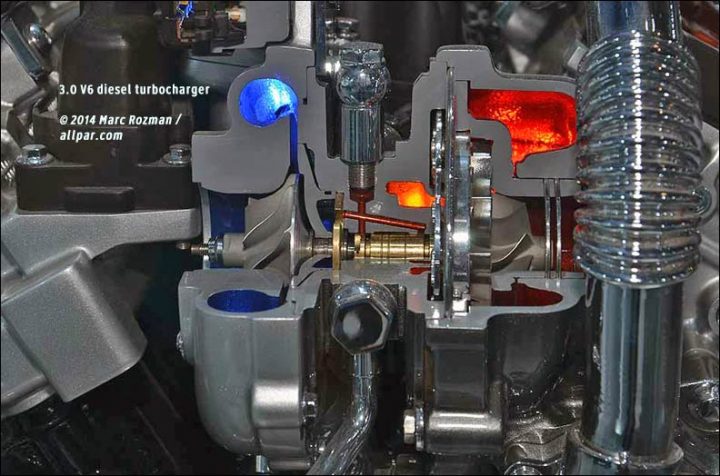The problem here is the type of efficiency we're discussing. Volumetric efficiency of the engine increases greatly with the turbo, and things like the intake geometry have less of an effect on airflow since air is being rammed down their throats (This manifests as a pressure drop in boost rather than the engine not being able to pull ambient or slightly above ambient pressure into the cylinder - it changes spool and max power but from the engine's standpoint it doesn't really matter.
I'd expect turbos to have a cleaner combustion and better carnot efficiency when compared to low compression engines - although an equivalent combustion under NA conditions will do just as well. (7.5:1 CR engine @ 14.7psi boost = 15:1 engine @ twice the displacement from a carnot standpoint)
I'd expect turbos to have a cleaner combustion and better carnot efficiency when compared to low compression engines - although an equivalent combustion under NA conditions will do just as well. (7.5:1 CR engine @ 14.7psi boost = 15:1 engine @ twice the displacement from a carnot standpoint)







Comment